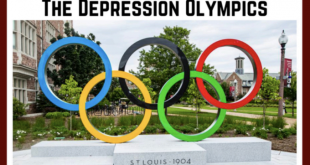A startling realization, as it has come to me through neither divine inspiration nor careful research, is the cyclical nature of many contemporary conversations, various articles, and even debates. These resources, while well intentioned and well-written, add little substance to the discourse at play. Favoring a winding, complex sentence structure and superfluous verbiage, these self-fulfilling works render themselves useless via their own arcane language.
In a way, they echo Beaudrillard’s “precession of simulacra; that is, the representation precedes and determines the real. There is no longer any distinction between reality and its representation; there is only the simulacrum.”* Almost meta-literature, i.e. the simulation of true commentary, the individual sentences which compose these pieces conform to syntactic rules of English, yet their semantic meaning is effectively lost. Moreover, as aligned with our so-called “Age of Information” as well as the ceaseless scrutiny of the internet, the proliferation of constant discourse occurring on social media, many modern works seem to simply pose issues without the suggestion of how to solve these issues, if they even have the eloquence to articulate coherently. Thus, these abominations of journalism and abuses of the English language, in their ever-complaining nature and archaic rhetoric, pose the question: Must an author write an article if its purpose is simply to complain about the state of the world?
*Felluga, Dino. “Modules on Baudrillard: On Simulation.” Introductory Guide to Critical Theory. Date of last update, which you can find on the home page. Purdue U. Date you accessed the site. <http://www.purdue.edu/guidetotheory/postmodernism/modules/baudrillardsimulation.html>.
 WUnderground WashU's Premier (and only) satirical newspaper!
WUnderground WashU's Premier (and only) satirical newspaper!


